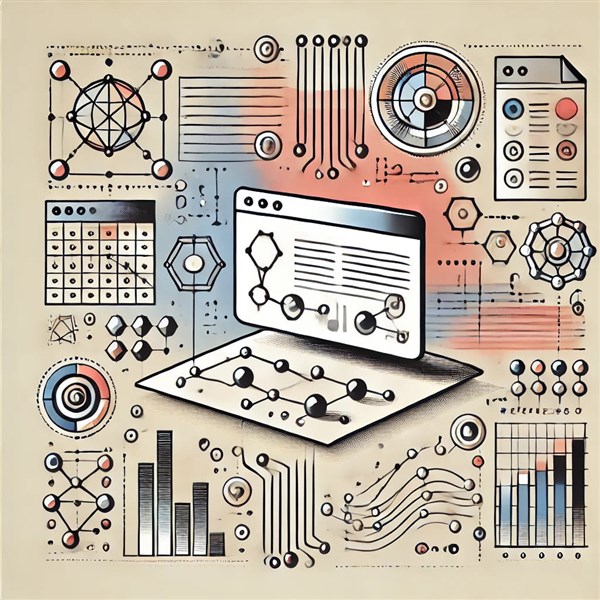Unable to find what you're searching for?
We're here to help you find it
In the ever-evolving world of data analytics, web scraping has become an indispensable skill for gathering valuable data from the internet. Whether it's for market research, competitive analysis, or academic research, web scraping allows individuals and businesses to extract relevant data from websites in an automated and efficient manner.
For those seeking to master this skill, enrolling in a web scraping course is one of the best ways to gain hands-on experience and knowledge. These courses provide comprehensive training on a variety of web scraping tools and techniques, empowering learners to handle complex data extraction tasks with ease. In this blog, we will take a detailed look at the most popular web scraping tools—BeautifulSoup, Scrapy, and Selenium—and explore how they are taught in web scraping courses.
BeautifulSoup is one of the most widely-used libraries for web scraping in Python. Known for its simplicity and ease of use, it is an excellent choice for beginners just starting with web scraping.
What You’ll Learn in a Web Scraping Course
Why BeautifulSoup is Popular
BeautifulSoup is known for its flexibility and simplicity. It handles poorly-formed HTML gracefully, which is often a challenge when scraping real-world websites. It’s ideal for small to medium-sized projects where the structure of the website is not too complex.
Applications
BeautifulSoup is perfect for scraping data from static websites, where the content remains unchanged unless manually updated. It is often used for scraping product information, reviews, blog posts, or articles from various websites.
Scrapy is a robust open-source web scraping framework, designed for handling large-scale scraping projects. While it has a steeper learning curve compared to BeautifulSoup, it offers powerful features and is highly scalable, making it suitable for more advanced scraping tasks.
What You’ll Learn in a Web Scraping Course
Why Scrapy is Ideal for Large-Scale Projects
Unlike BeautifulSoup, Scrapy was built to handle large, complex projects. Its ability to handle concurrent requests and asynchronous processing makes it incredibly efficient when scraping large websites. Scrapy is also ideal for scraping entire websites, collecting data from multiple pages at once.
Applications
Scrapy is typically used for projects that require a higher degree of customization, such as scraping e-commerce sites for prices, inventory, and reviews, or collecting large datasets from research institutions, news agencies, and social media platforms.
Selenium is a popular web scraping tool often used in combination with other scraping libraries. Unlike BeautifulSoup and Scrapy, which work with static content, Selenium is designed to interact with web pages as if you were a user browsing the web.
What You’ll Learn in a Web Scraping Course
Why Selenium is Crucial for Dynamic Content
Selenium is unique because it interacts with web pages just like a human user would, making it ideal for scraping content that is loaded dynamically through JavaScript. This is an essential skill for scraping modern websites, where static scraping methods might fail.
Applications
Selenium is used for scraping complex, JavaScript-heavy websites like social media platforms, online forums, and news sites. It's also beneficial for scraping websites that require user logins or interaction with elements like dropdown menus or sliders.
Many web scraping courses go beyond teaching individual tools and teach how to combine them for more powerful and efficient scraping. For example, you might use Selenium to handle dynamic content loading and then pass the page source to BeautifulSoup or Scrapy for parsing and data extraction.
Advanced Techniques Covered in a Web Scraping Course
Conclusion
A web scraping course is an excellent opportunity to acquire skills in some of the most powerful web scraping tools available today. From BeautifulSoup for beginners to Scrapy and Selenium for advanced users, mastering these tools will give you the ability to collect data from virtually any website, whether static or dynamic.
Whether you're looking to extract product information, monitor competitors, or gather valuable insights for research, the skills you’ll gain from learning these tools will enhance your data analysis capabilities and open up new career opportunities in data science, business intelligence, and web development.

Aarav Goel has top education industry knowledge with 4 years of experience. Being a passionate blogger also does blogging on the technology niche.










